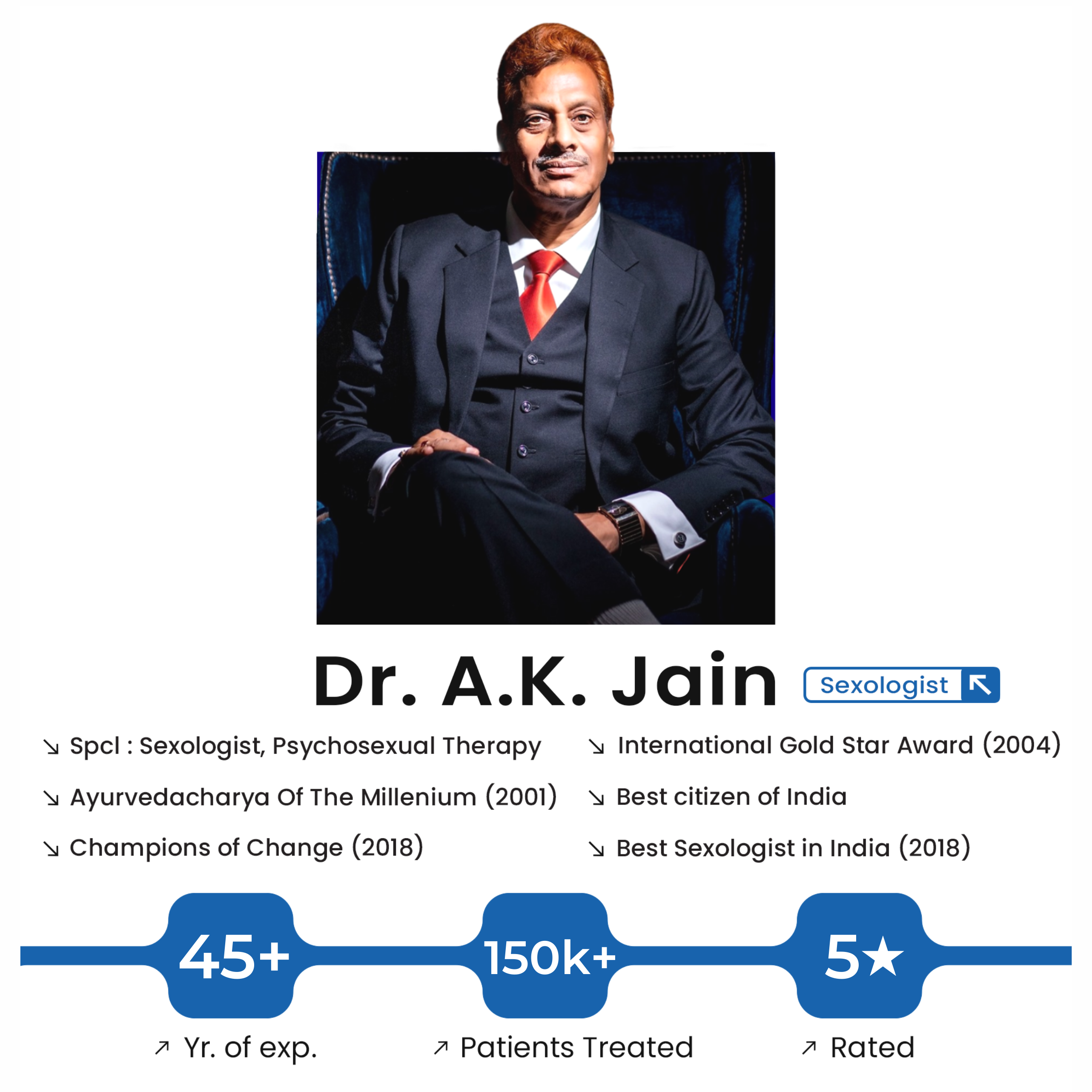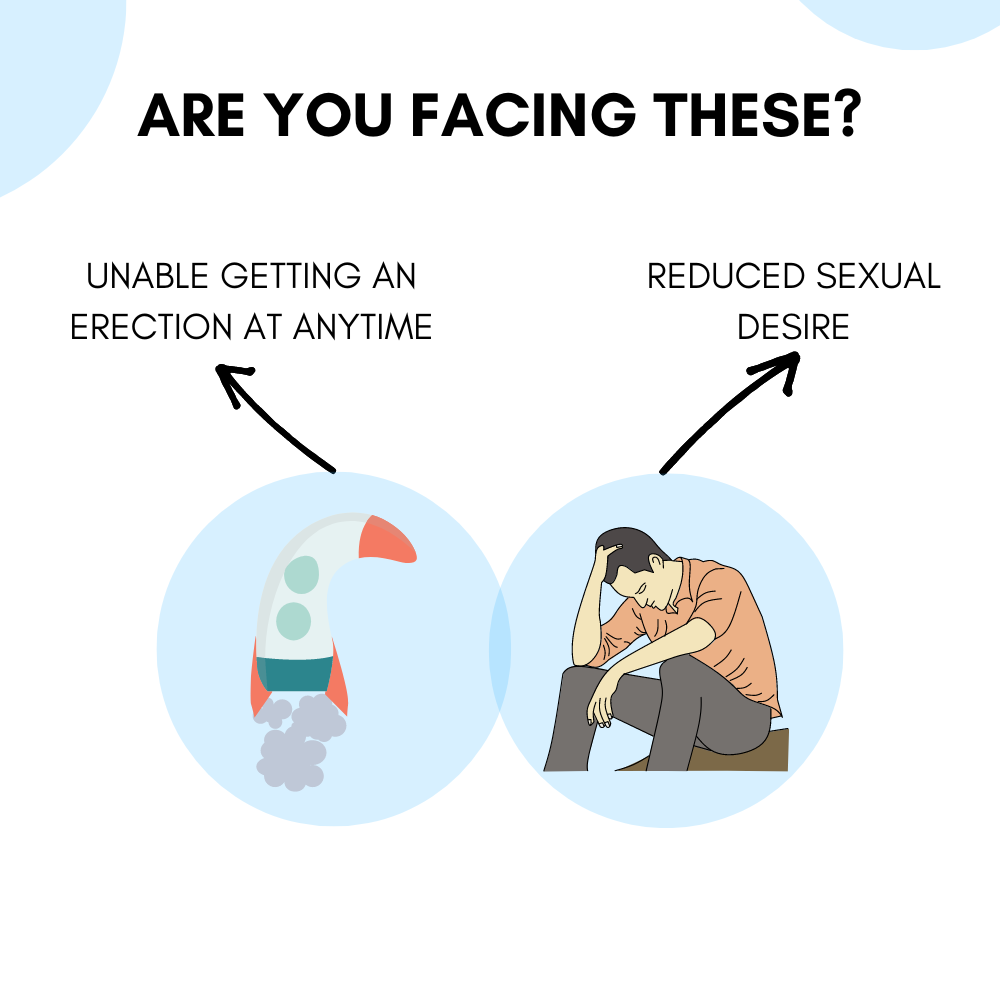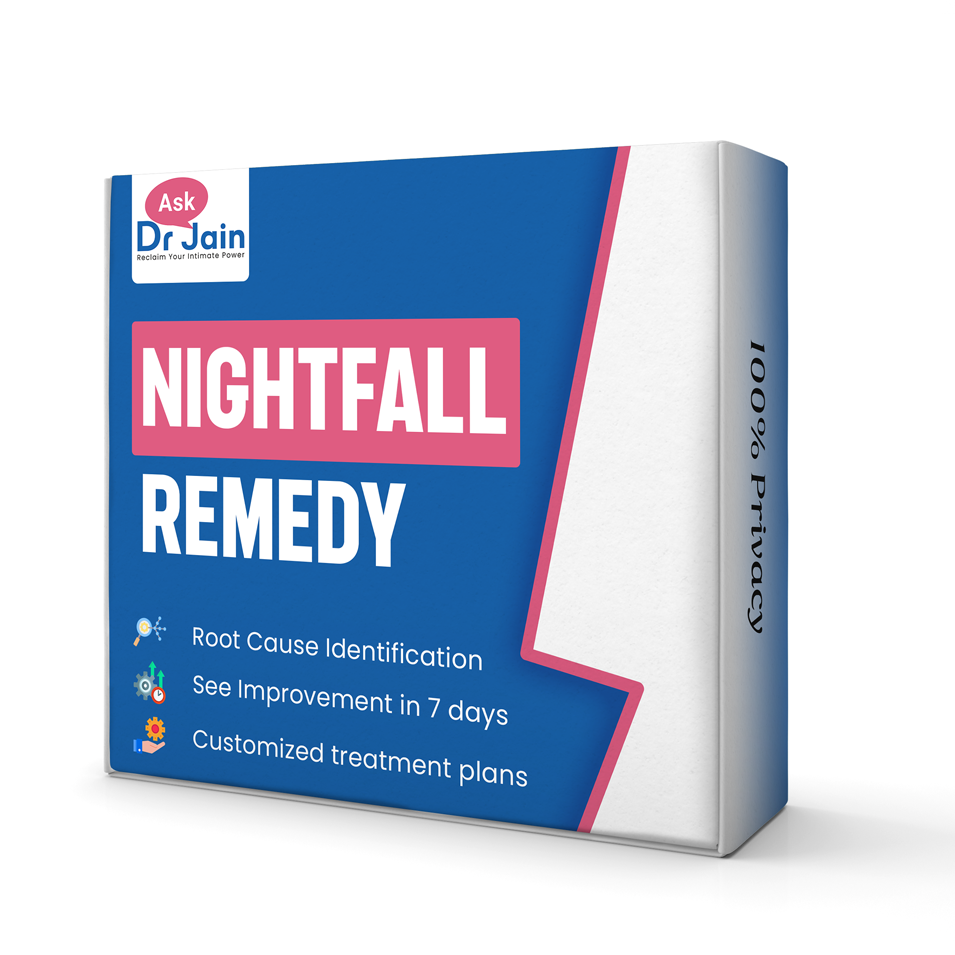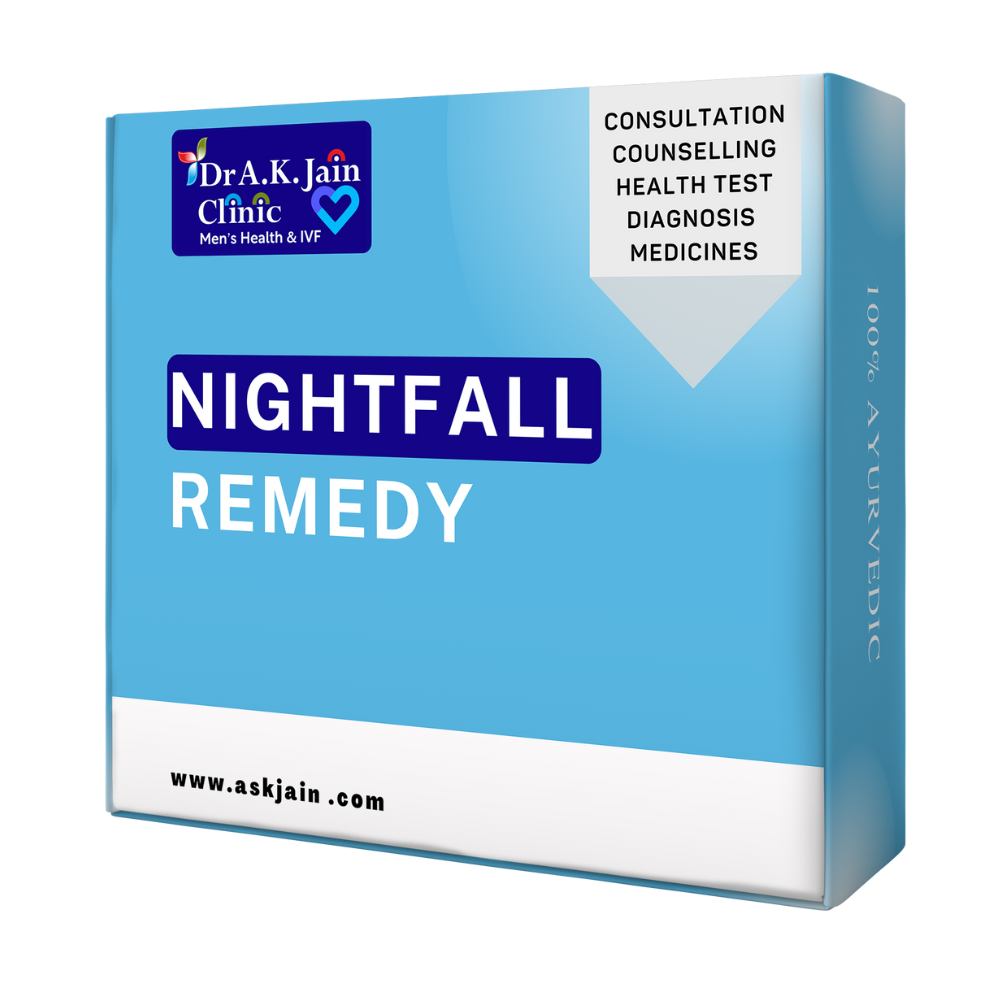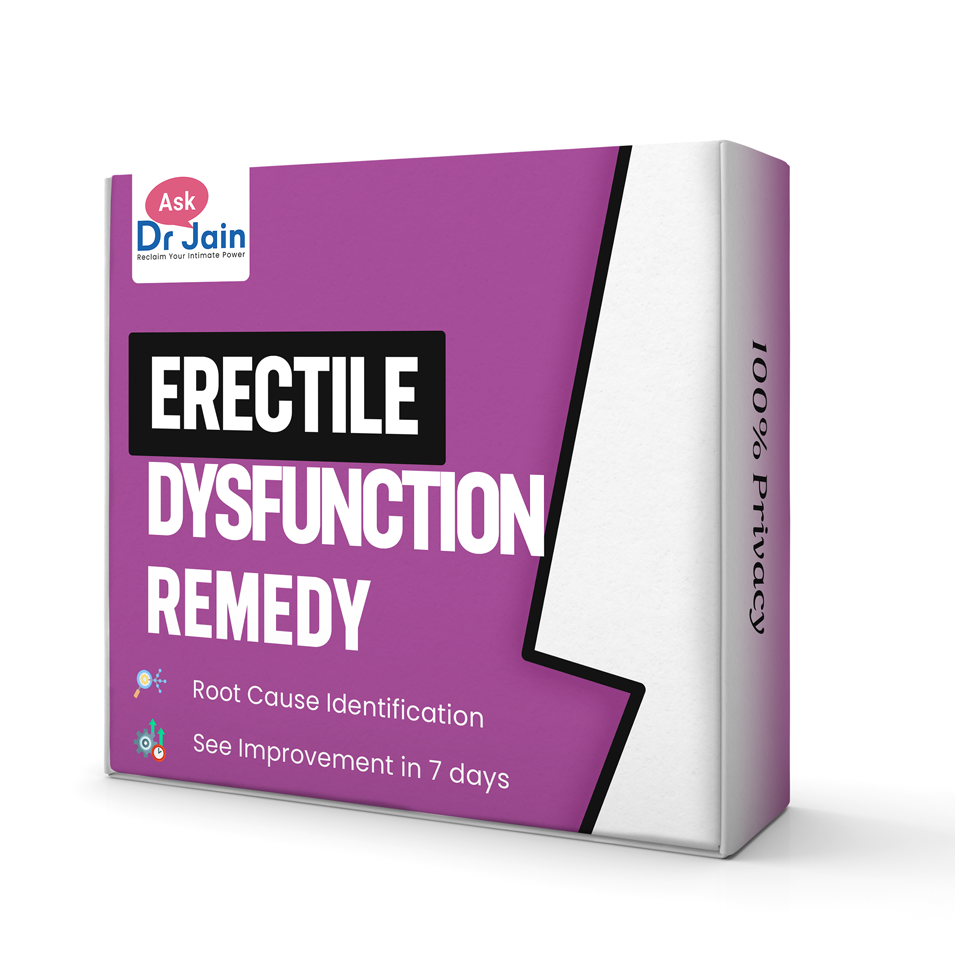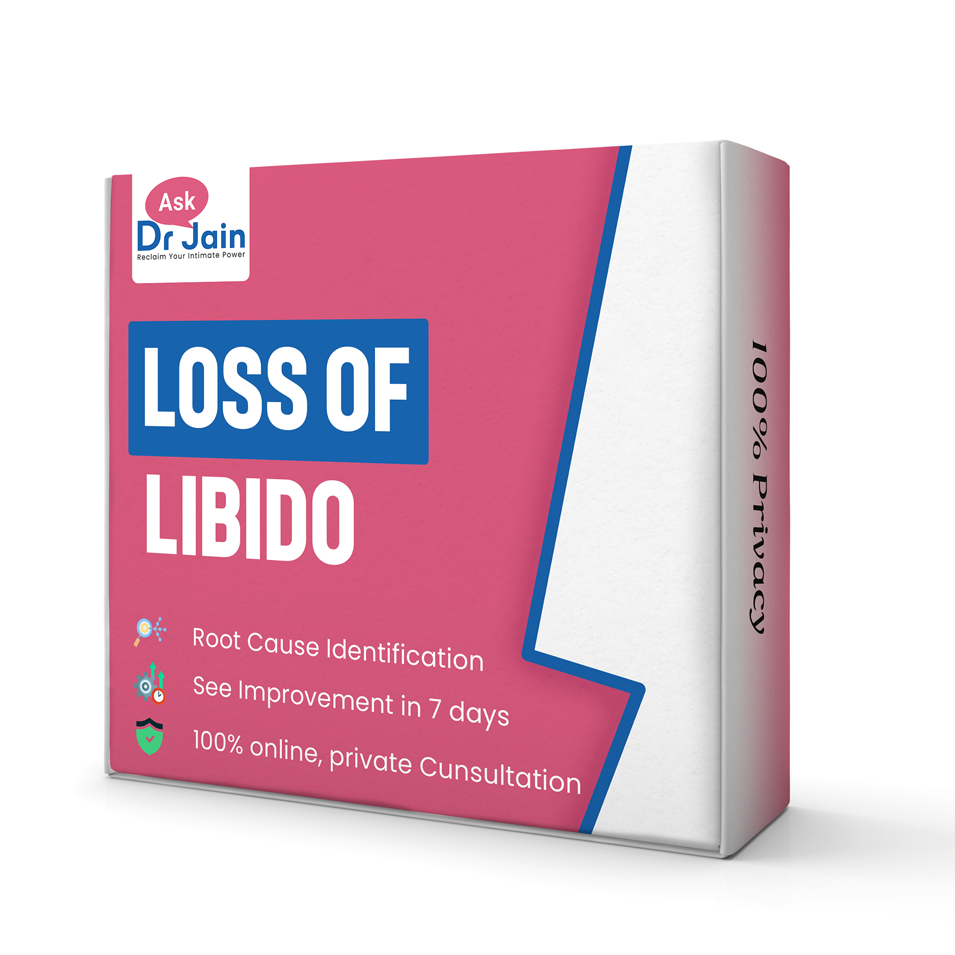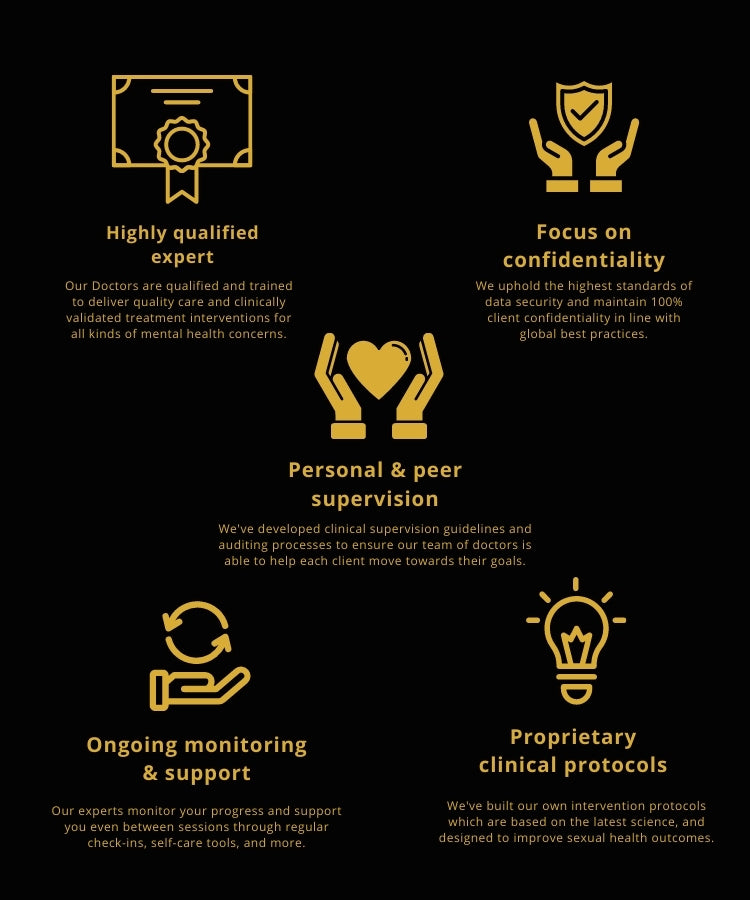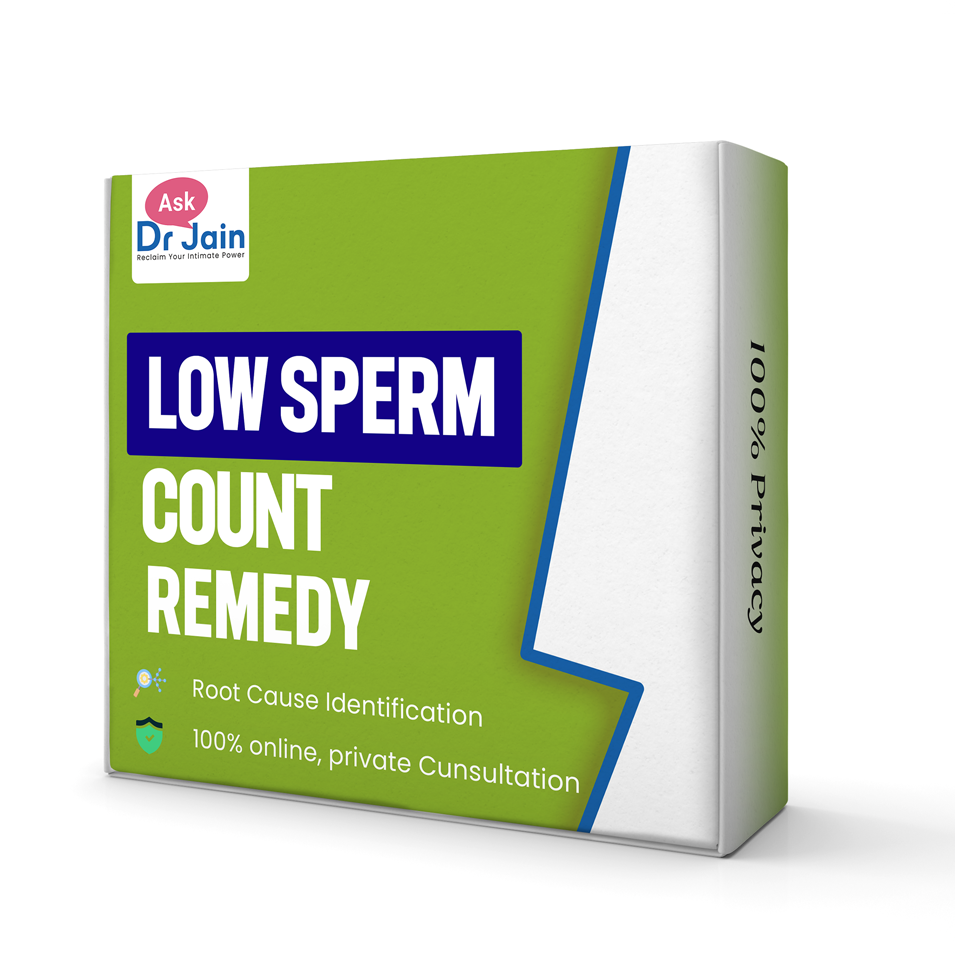
Say Goodbye to Nightfall: Effective Strategies to Prevent Sleep Disturbances

Say goodbye to nightfall and hello to restful sleep with these effective strategies to prevent sleep disturbances. If you're tired of tossing and turning all night, unable to find that elusive state of relaxation, then this article is for you.
Sleep disturbances can wreak havoc on your physical and mental well-being, leaving you feeling groggy and unfocused throughout the day. With these strategies, you can regain control over your sleep and wake up feeling refreshed and rejuvenated.
From creating a soothing bedtime routine to eliminating caffeine and electronics before bed, these tips will help you create a sleep-friendly environment that promotes deep, uninterrupted slumber. Discover the power of relaxation techniques, such as meditation or yoga, to calm your mind and prepare your body for a restful night's sleep.
Don't let nightfall be a source of frustration and sleepless nights. Embrace these effective strategies and regain control over your sleep patterns. Say goodbye to restless nights and hello to rejuvenating sleep that will leave you feeling refreshed and ready to conquer the day.
Understanding the causes of nightfall
Sleep disturbances, often referred to as "nightfall," can have a variety of underlying causes. One of the primary culprits is stress, which can trigger the release of hormones like cortisol that disrupt the body's natural sleep-wake cycle. Anxiety, depression, and other mental health conditions can also contribute to nightfall, as the mind races with worries and thoughts, making it difficult to achieve a state of relaxation necessary for restful sleep.
Another common cause of nightfall is poor sleep hygiene, such as irregular sleep schedules, exposure to blue light from electronic devices before bed, and an uncomfortable sleeping environment. Certain medical conditions, such as sleep apnea, restless leg syndrome, and chronic pain, can also interfere with the ability to fall and stay asleep. Hormonal imbalances, particularly in women during menopause or other life stages, can also lead to sleep disturbances.
Lifestyle factors, such as an unhealthy diet, lack of physical activity, and substance abuse, can also play a role in the development of nightfall. Consuming caffeine, alcohol, or heavy meals close to bedtime can disrupt the body's natural sleep-wake cycle and make it harder to fall and stay asleep. Understanding the underlying causes of your sleep disturbances is the first step in developing an effective strategy to overcome them and achieve the restful sleep you deserve.
The impact of sleep disturbances on physical and mental health
Insufficient or poor-quality sleep can have a significant impact on both your physical and mental well-being. Chronic sleep disturbances can lead to a weakened immune system, making you more susceptible to illness and infection. It can also contribute to the development of serious health conditions, such as heart disease, stroke, and type 2 diabetes.
On the mental health front, sleep disturbances can exacerbate symptoms of anxiety and depression, leading to a vicious cycle of poor sleep and deteriorating mental health. Lack of sleep can also impair cognitive function, reducing your ability to focus, concentrate, and make decisions effectively. This can have a negative impact on your productivity, performance, and overall quality of life.
Insufficient sleep has also been linked to an increased risk of accidents and injuries, as fatigue can impair your reaction time, coordination, and decision-making abilities. This is particularly concerning for individuals who operate heavy machinery or drive vehicles, as sleep deprivation can put both themselves and others at risk.
Neglecting your sleep health can have far-reaching consequences, affecting not just your physical and mental well-being but also your relationships, career, and overall quality of life. Recognizing the importance of quality sleep and taking proactive steps to address sleep disturbances is crucial for maintaining optimal health and well-being.
Common myths and misconceptions about nightfall
One of the most common myths about nightfall is that it is a normal and inevitable part of aging. While it is true that sleep patterns can change as we get older, sleep disturbances are not a necessary consequence of aging. With the right strategies and lifestyle adjustments, older adults can still enjoy restful, uninterrupted sleep.
Another misconception is that nightfall is solely a physical issue, when in reality, it can have a significant psychological component as well. Anxiety, stress, and other mental health conditions can play a major role in the development and perpetuation of sleep disturbances. Addressing the emotional and cognitive factors behind nightfall is just as important as addressing the physical aspects.
Many people also believe that using over-the-counter sleep aids or prescription medications is the only way to overcome nightfall. While these options may provide temporary relief, they can also have unwanted side effects and do not address the underlying causes of the problem. A more holistic approach that combines lifestyle changes, relaxation techniques, and natural remedies may be more effective in the long run.
Finally, some individuals mistakenly believe that they can "catch up" on lost sleep during the weekends or by taking naps during the day. While these strategies may provide temporary relief, they do not address the root causes of nightfall and can actually disrupt the body's natural sleep-wake cycle, making the problem worse in the long run.
Effective strategies to prevent nightfall and improve sleep quality
Creating a soothing bedtime routine is one of the most effective strategies for preventing nightfall and improving sleep quality. This may involve activities such as taking a warm bath, practicing gentle stretching or yoga, or engaging in a calming hobby like reading or journaling. The key is to create a consistent, relaxing routine that signals to your body that it's time to wind down and prepare for sleep.
Eliminating exposure to blue light from electronic devices, such as smartphones, tablets, and computers, is another crucial step in preventing nightfall. The blue light emitted by these devices can disrupt the body's natural circadian rhythm and suppress the production of melatonin, the hormone that regulates sleep. Aim to disconnect from electronics at least an hour before bedtime and consider using blue light-blocking glasses or installing software that reduces the amount of blue light emitted by your devices.
Ensuring that your sleeping environment is conducive to rest is also essential for preventing nightfall. This includes maintaining a cool, dark, and quiet room, using comfortable bedding, and minimizing external noise and light sources. Experiment with different temperature settings, lighting, and noise-reducing strategies to find what works best for you.
Incorporating relaxation techniques, such as meditation, deep breathing exercises, or progressive muscle relaxation, can also be highly effective in promoting better sleep. These practices can help calm the mind, reduce stress and anxiety, and prepare the body for a restful night's sleep. Consider incorporating these techniques into your bedtime routine or practicing them throughout the day to manage stress and improve overall sleep quality.
Lifestyle changes for better sleep hygiene
Establishing a consistent sleep schedule and sticking to it, even on weekends, is a crucial component of improving sleep hygiene. Aim to go to bed and wake up at the same time each day, as this helps to regulate the body's internal clock and promote better sleep. Avoid the temptation to "catch up" on sleep by sleeping in or taking long naps during the day, as this can disrupt the natural sleep-wake cycle.
Regular exercise can also play a significant role in preventing nightfall and improving sleep quality. Engaging in physical activity during the day can help to reduce stress, promote relaxation, and improve the body's ability to fall and stay asleep. However, it's important to avoid intense exercise close to bedtime, as it can be stimulating and make it harder to wind down. Consider incorporating a mix of aerobic, strength-training, and flexibility exercises into your routine, and experiment to find the optimal timing and intensity for better sleep.
Limiting the consumption of caffeine, alcohol, and heavy meals close to bedtime is another important lifestyle change for better sleep hygiene. Caffeine is a stimulant that can keep you awake and disrupt your sleep, while alcohol may initially help you fall asleep but can lead to fragmented and poor-quality sleep later in the night. Consuming large or spicy meals close to bedtime can also cause discomfort and disrupt sleep. Aim to be mindful of your intake of these substances and adjust your eating and drinking habits accordingly.
Engaging in relaxing activities and avoiding stressful tasks or stimulating media close to bedtime can also help to promote better sleep. Consider incorporating calming hobbies, such as reading, gentle stretching, or listening to soothing music, into your bedtime routine. Avoid engaging in work, paying bills, or watching emotionally charged or action-packed content, as these can keep your mind active and make it harder to fall asleep.
Dietary tips to reduce nightfall
Making certain dietary changes can also play a role in reducing nightfall and improving sleep quality. Incorporating foods rich in tryptophan, a precursor to the sleep-promoting hormone melatonin, can be beneficial. Examples of tryptophan-rich foods include turkey, eggs, nuts, seeds, and dairy products. Consuming these foods as part of a balanced, nutrient-dense diet can help to support the body's natural sleep-wake cycle.
Increasing your intake of magnesium-rich foods, such as leafy greens, whole grains, nuts, and seeds, can also be helpful in preventing nightfall. Magnesium is an essential mineral that plays a crucial role in muscle and nerve function, as well as the regulation of the sleep-wake cycle. Supplementing with magnesium may also be beneficial for individuals who struggle with sleep disturbances.
Avoiding processed and sugary foods, which can disrupt blood sugar levels and contribute to sleep problems, is another important dietary consideration. Instead, focus on consuming a diet rich in whole, nutrient-dense foods, such as fruits, vegetables, lean proteins, and complex carbohydrates. These foods can help to support overall health and promote better sleep quality.
Staying hydrated by drinking plenty of water throughout the day can also be beneficial for preventing nightfall. Dehydration can lead to various discomforts, such as headaches and muscle cramps, which can interfere with sleep. Aim to drink water regularly and avoid consuming excessive amounts of caffeinated or alcoholic beverages, as these can have a dehydrating effect.
The role of exercise in preventing sleep disturbances
Regular physical activity can be a powerful tool in the fight against nightfall and sleep disturbances. Exercise not only helps to reduce stress and promote relaxation, but it can also improve the body's ability to fall and stay asleep.
Engaging in aerobic exercise, such as brisk walking, jogging, or cycling, can help to regulate the body's sleep-wake cycle by increasing the production of endorphins and reducing the levels of cortisol, a hormone associated with stress and anxiety. This can lead to improved sleep quality and a more restful night's sleep.
Strength-training exercises, such as weightlifting or resistance training, can also be beneficial for sleep. These activities help to build and maintain muscle mass, which can contribute to better sleep by reducing the risk of muscle aches and pains that can disrupt sleep. Additionally, the physical exertion of strength training can help to tire the body and promote a deeper, more restful sleep.
Incorporating flexibility-focused exercises, such as yoga or Pilates, can also be a valuable addition to your sleep-promoting routine. These practices not only improve physical flexibility and reduce muscle tension but also have a calming effect on the mind, helping to reduce stress and anxiety that can interfere with sleep. Consider incorporating a gentle yoga or Pilates session into your evening routine to help prepare your body and mind for a restful night's sleep.
Natural remedies and techniques to promote better sleep
In addition to lifestyle changes and dietary modifications, there are several natural remedies and techniques that can be effective in promoting better sleep and preventing nightfall. One such approach is the use of herbal supplements, such as chamomile, valerian root, or melatonin, which have been traditionally used to support healthy sleep patterns.
Aromatherapy can also be a powerful tool in the quest for better sleep. Certain essential oils, such as lavender, bergamot, or ylang-ylang, have been shown to have a calming effect on the mind and body, helping to reduce stress and anxiety and promote relaxation. Consider incorporating these oils into your bedtime routine, either through a diffuser or by applying them topically to your skin.
Practicing relaxation techniques, such as deep breathing exercises, progressive muscle relaxation, or guided imagery, can also be highly effective in promoting better sleep. These practices can help to calm the mind, reduce physiological arousal, and prepare the body for a restful night's sleep. Experiment with different techniques to find the ones that work best for you and incorporate them into your bedtime routine.
For individuals who struggle with persistent sleep disturbances, seeking the guidance of a healthcare professional, such as a sleep specialist or a naturopathic doctor, may be beneficial. These professionals can help to identify the underlying causes of your sleep issues and develop a personalized plan to address them, which may include a combination of lifestyle modifications, natural remedies, and, in some cases, medical interventions.
Conclusion: Taking control of your sleep health
Restful, uninterrupted sleep is essential for our overall health and well-being, yet many of us struggle with nightfall and other sleep disturbances. By understanding the underlying causes of these issues and implementing effective strategies, you can take control of your sleep health and say goodbye to the frustration of sleepless nights.
From creating a soothing bedtime routine and eliminating exposure to blue light to incorporating relaxation techniques and making dietary changes, the strategies outlined in this article can help you establish a sleep-friendly environment and promote better sleep quality. Remember, achieving quality sleep is a journey, and it may take some experimentation to find the right combination of approaches that works best for you.
Prioritizing your sleep health is an investment in your overall well-being. By taking the necessary steps to prevent nightfall and improve your sleep, you can experience the numerous benefits of restful, rejuvenating sleep, including enhanced physical and mental health, improved cognitive function, and a greater sense of energy and vitality throughout the day.
Don't let nightfall be a source of frustration and sleepless nights. Embrace these effective strategies and regain control over your sleep patterns. Say goodbye to restless nights and hello to rejuvenating sleep that will leave you feeling refreshed and ready to conquer the day.


